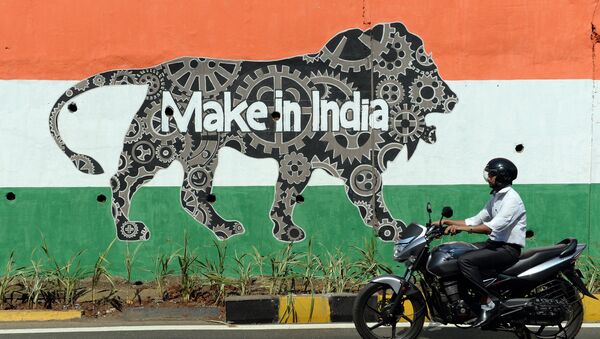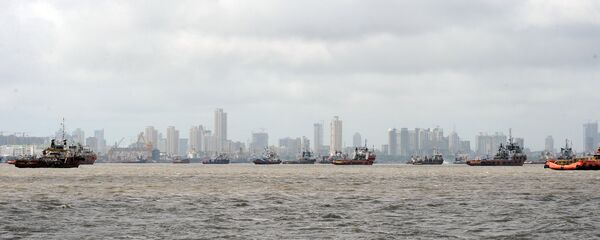In the defense sector, the FDI limit of 49% has been tweaked to accommodate "other reasons," aside from access to modern technology, as bases for permitting foreigners to invest in excess of 49%. This is being seen as an attempt to ensure adequate safeguards while facilitating the hassle-free convergence of defense technology.
"Foreign investment beyond 49% has now been permitted [on the condition of] government approval, in cases resulting in [state] access to modern technology in the country or for other reasons to be recorded. The condition of access to ‘state-of-art’ technology in the country has been done away with."
However, Amit Cowshis, a former finance advisor to the Ministry of Defense, says, "I find that the relaxation in the FDI cap is not unconditional. What seems to have been done is to do away with the condition that FDI beyond 49 per cent will only be permitted if it entails access to 'state of the art' technology. FDI beyond 49 per cent will not be permitted, instead, if it results in access to 'modern technology' in the country or 'for other reasons' to be recorded. Therefore, the issue of defining 'modern' technology or identifying 'other reasons' which will justify relaxation in the FDI cap will continue to pose a problem."
The problem remains. It was "how do u define state of art?" Now it would be "How do u define MODERN TECH?" https://t.co/bi6ahkxdWa
— Manmohan Bahadur (@BahadurManmohan) June 20, 2016
Cowshis says, 'Even so, it should make it easier to attract more FDI to the manufacturing sector, which should help in promoting 'Make in India', even if it increases the concerns of the Indian private sector."
Another major relief given to foreign firms is when it comes to the opening or establishment of branch offices, liaison offices, project offices or any other place of business in India. The statement reads, "If the principal business of the applicant is Defense, Telecom, Private Security or Information and Broadcasting, it has been decided that the approval of the Reserve Bank of India or separate security clearance would not be required."
Cowshis says that the largest share of the world's Defense market is now mainly concentrated in India and neighboring countries, therefore, defense firms can manufacture in India and sell equipment to countries like Singapore, Malaysia, Indonesia, Oman & Qatar. While their basic requirements can be met in India, they will just need to focus on skill development. Manufacturing in India will definitely help foreign firms cater to larger markets at a lesser cost of investment.
Another major decision that has been taken is that regarding 'Single Brand Retail' which gives relief to smartphone manufacturer Apple Inc. and other premium brands. It has now been decided to relax local sourcing norms up to three years. Apple had approached Indian government seeking relaxation in rules which made it necessary for the company to buy 30% locally manufactured products from local market for opening up exclusive retail stores of Apple Inc. The new rules will let Apple Inc. to set up exclusive stores in India without much hassle. Till date, Apple Inc was selling its smartphones through distributors in India.
India has also allows 100% FDI in airlines, airports and the pharmaceutical sector on a conditional basis, while in animal husbandry (including the breeding of dogs), pisciculture, aquaculture and apiculture, 100% FDI has been allowed under the so-called Automatic Route.
India witnessed FDI inflows amounting to $55.46 billion in financial year 2015-16, as versus US$36.04 billion during financial year 2013-14. The government claims that this is the highest-ever FDI inflow for a particular financial year.





